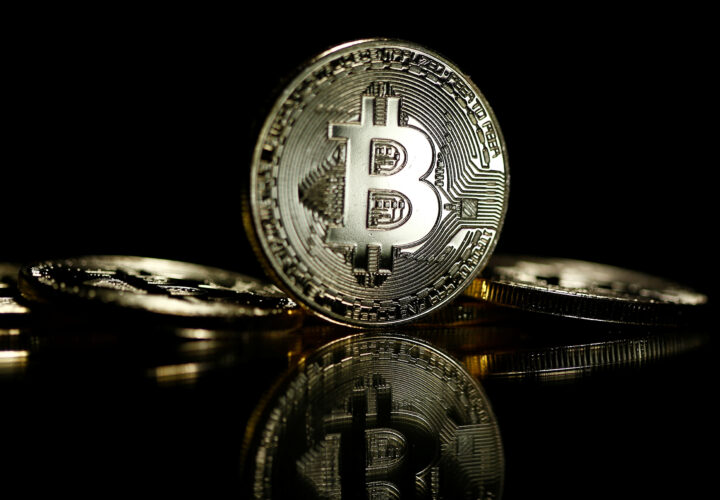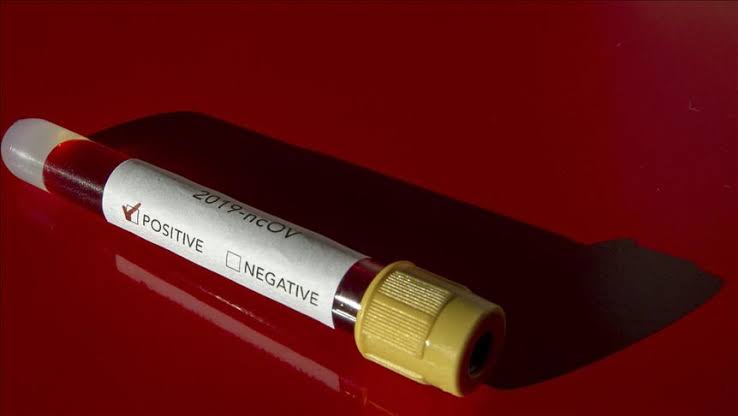Oil prices jumped again by 2.49 percent on Friday, hitting a fresh 13-month peak, and surpassing the $60 high set earlier this week.
Brent Crude, the international oil benchmark, traded above $62.6, while the West Texas Intermediate (WTI) hit $59.74 a barrel on Friday, its highest level since January 2020.
Oil prices have been on a tear since late last year as coronavirus vaccines and supply curbs from OPEC, and its allies spur hopes that global stockpiles will continue to slide.
The United States stockpiles declined to their lowest level in 11 months last week.
Advertisement
Saudi Arabia, the world’s biggest oil exporter, had at a meeting last month agreed to cut oil production for the months of February and March by an extra voluntary amount of one million barrels per day.
This means that the kingdom’s production for the two months after both its targeted and voluntary production cuts will be 8.119 million per day.
Nigerian National Petroleum Corporation (NNPC) stated its commitment to abide by the output cut agreement of the OPEC and its allies called OPEC+, to stabilise the global oil market.
Advertisement
The rally in crude price bodes well for the country’s foreign exchange (FX) reserves even as production is expected to remain in a lull.
This is expected to improve crude oil receipts and bolster Central Bank of Nigeria’s (CBN) FX inflows, resulting in a positive knock-on effect on improved I&E window intervention by the CBN and exchange rate stability.
Furthermore, this is positive for the Federal government’s revenue projections. With the 2021 budget built on an oil price benchmark of $40/bbl, the recent rally boosts the government coffers and its ability to meet its oil revenue target.
Advertisement
Add a comment







